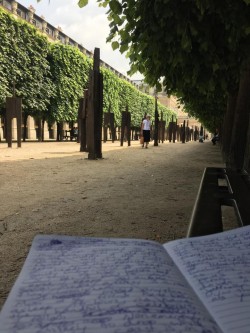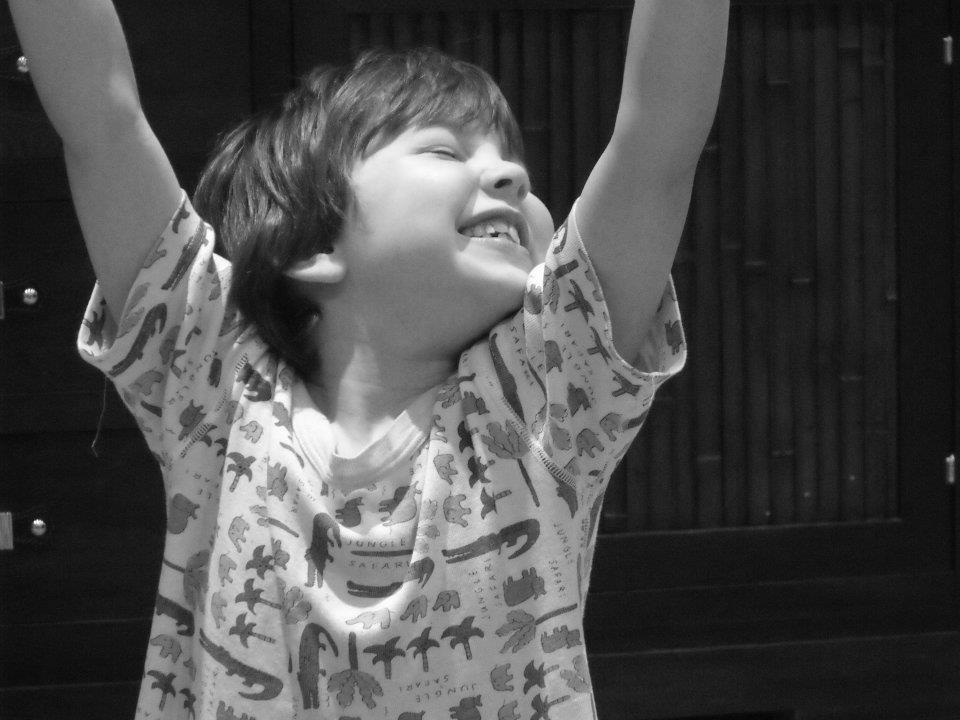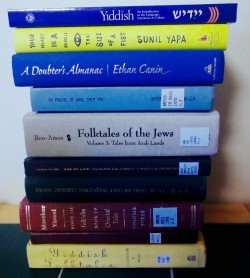Reviews & Interviews Editor Jackie Hedeman on reading (so, so many) books outside this summer.
My approach to summer reading is best described as Catholic Guilt meets All You Can Eat Buffet. I attempt to make up for the disappointing trickle of mid-semester pleasure reading by going on a rampage. Do I distinguish between fried chicken, broccoli, and chocolate-dipped strawberries? Only in terms of whether they fit on my plate, by which I mean: in my tote bag for a walk, in my carryon for a flight, on my Kindle as one of the ten checkouts permitted by the Columbus Public Library. So I’ve been reading YA. Middle-grade. Essays. Comics. Memoir. Plays. Excruciatingly realist fiction. Horror.
Here are the books I’ve read so far this summer:
The Raven King by Maggie Stiefvater
The Empathy Exams by Leslie Jamison
The Hot l Baltimore by Lanford Wilson
George by Alex Gin
The Red Parts by Maggie Nelson
Fire Shut Up in My Bones by Charles Blow
The Diving Bell and the Butterfly by Jean-Dominique Bauby
Carry On by Rainbow Rowel
Death in Venice by Thomas Mann
I Am Not Myself These Days by Josh Kilmer-Purcell
The Quick by Lauren Owen
A Meeting by the River by Christopher Isherwood
Let the Right One In by John Ajvide Lindqvist
The Rest of Us Just Live Here by Patrick Ness
Hyperbole and a Half by Allie Brosh
A Little Life by Hanya Yanagihara
More Happy Than Not by Adam Silvera
The Haunting of Hill House by Shirley Jackson
Irritable Hearts by Mac McClelland
Everything Begins and Ends at the Kentucky Club by Benjamin Alire Sáenz
The Psychopath Test by Jon Ronson
I read nearly every book outside. Reading outside is what elevates summer reading from summer pleasure to summer joy. (In my case, this involves nail polish-stripping sunscreen and a mental list of shady benches.) I read outside in Columbus: on the OSU oval, in tiny Miller Park in Upper Arlington, at outdoor tables at Stauf’s and Starbucks, in the arboretum. I also read outside in Paris: in the Jardin des Tuileries, in the Place des Vosges, at the foot of the Eiffel Tower, in the Luxembourg Gardens, at Versailles, and in the Jardin du Palais Royal, which happens to be my favorite place on earth.




